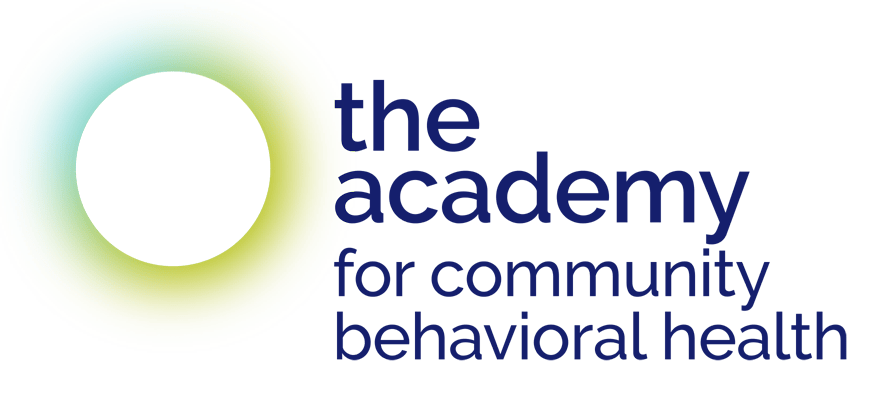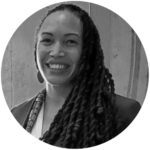All Scheduled Dates
Course Type
Single-Session
Course Length
2 hours
QUESTIONS?
Email [email protected]
Mutual Survival in NYC
Meeting in the Gap to Support Asylum Seekers: Resource Exchange and Collective Healing
DESCRIPTION
According to NYC official estimates, “as of March 10, 2024, the City had approximately 64,600 people seeking asylum in City funded shelter, and over 182,900 have come through the City’s system since the spring of 2022. To meet the need for shelter, more than 215 sites including 17 humanitarian relief centers have been opened.”
A portion of those migrating to NYC are seeking asylum, fleeing situations that have been described as traumatizing, such as torture, war, and multiple forms of violence, part of larger global trends of crisis and instability.
How do we best take care of each other in this context? What approaches are being used to support healing from trauma in this situation? How do we support each other’s mutual survival in NYC?
Join to hear from New Yorkers who are leading mutual aid efforts, providing social services in community-based organizations, and developing frameworks to guide this work.
This interactive session offers space for connection and shared learning among NYC mutual aid providers, community-based organizations, and other social service providers who are considering how best to support people seeking asylum in NYC.
Led by Dr. Anna Ortega-Williams, the Academy’s inaugural Innovation Resident, this panel will include:
- Martha S. Bragin, PhD, LCSW, Professor and Chair, Global Social Work and Practice with Immigrants and Refugees, Silberman School of Social Work
- Andrew Choi, Organizer, Mil Mundos en Común
- Desiree Joy Frias, Community Organizer, South Bronx Mutual Aid
- Doreen Williams
COURSE OBJECTIVES
Participants will:
- Increase understanding of mutual aid
- Participate in a dialogue where mutual aid and other social service providers learn from and with each other
- Strengthen knowledge and insights about trauma healing
- Contribute to a discussion on barriers and best practices for supporting asylum seekers
- Exchange ideas and practices that promote mutual survival and reimagine trauma recovery in NYC
- Make connections with others doing similar work
WHAT TO EXPECT
- A panel discussion highlighting insights from mutual aid and crisis response efforts, along with frameworks for healing in this context
- A guided large-group discussion to surface knowledge and insights from the field
- Small breakout groups to further exchange ideas and best practices
ELIGIBILITY
Open to staff of any non-profit community organization, mutual aid group, or government agency that delivers social services in NYC. This event is especially recommended for those who are serving, or plan to serve, recent migrants and asylum seekers.
INSTRUCTORS

